Latest Steel Price
Steel is the backbone of construction and infrastructure, and its price trends matter for every project. The steel rate today in Pakistan plays a crucial role in planning budgets and ensuring cost efficiency.oday
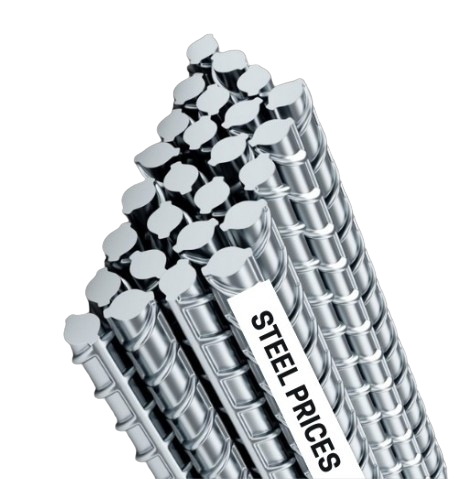
You can check the latest steel prices in different cities of Pakistan, available in kilograms (Kg) and tons.
City
Lahore
Karachi
Islamabad
Multan
Faislabad
Bahawarpur
Sailkot
Larkana
Gujranwala
Quetta
Hyderabad
Sarghoda
Pashawar
40 Grade Price Per Kg (PKR)
RS. 247 Per KG
RS. 247 Per KG
RS. 247 Per KG
RS. 247 Per KG
RS. 247 Per KG
RS. 247 Per KG
RS. 247 Per KG
RS. 247 Per KG
RS. 247 Per KG
RS. 247 Per KG
RS. 247 Per KG
RS. 247 Per KG
RS. 247 Per KG
40 Grade Price Per Metric Ton (PKR)
RS. 2,47,000 Per Metric Ton
RS. 2,47,000 Per Metric Ton
RS. 2,47,000 Per Metric Ton
RS. 2,47,000 Per Metric Ton
RS. 2,47,000 Per Metric Ton
RS. 2,47,000 Per Metric Ton
RS. 2,47,000 Per Metric Ton
RS. 2,47,000 Per Metric Ton
RS. 2,47,000 Per Metric Ton
60 Grade Price Per Kg (PKR)
RS. 249 Per KG
RS. 249 Per KG
RS. 249 Per KG
RS. 249 Per KG
RS. 249 Per KG
RS. 249 Per KG
RS. 249 Per KG
RS. 249 Per KG
RS. 249 Per KG
RS. 249 Per KG
RS. 249 Per KG
RS. 249 Per KG
RS. 249 Per KG
60 Grade Price Per Metric Ton (PKR)
RS 2,49,000 Per Metric Ton
RS 2,49,000 Per Metric Ton
RS 2,49,000 Per Metric Ton
RS 2,49,000 Per Metric Ton
RS 2,49,000 Per Metric Ton
RS 2,49,000 Per Metric Ton
RS 2,49,000 Per Metric Ton
RS 2,49,000 Per Metric Ton
RS 2,49,000 Per Metric Ton
Steel Price in Pakistan Today 2025
Steel is not just a product, it’s the strength of your project.
Have you ever noticed how the steel price in Pakistan changes frequently and impacts overall construction costs? Understanding today’s steel rates is important for anyone planning a building project, as even small price shifts can affect budgets. Steel is not just another material—it plays a key role in the strength and durability of any structure.
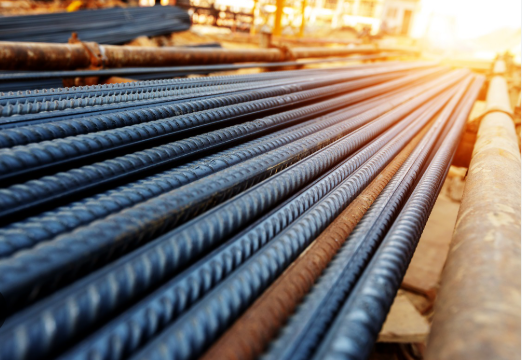
Steel Price Sets the Standard
Steel Price is your reliable source for accurate and updated information on steel price in Pakistan. Our platform provides details on the latest rates for different categories of steel, including Grade 40 and Grade 60 steel bars, which are commonly used in construction. The purpose of Steel Price is to maintain transparency by sharing market updates that help contractors, builders, and individuals understand ongoing price trends. By staying informed, readers can plan construction projects more effectively and keep track of cost fluctuations in the steel market. Stay connected with Steel Price for regular updates on steel rates across Pakistan.

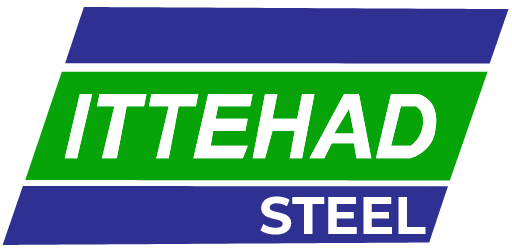



Grade 40 Steel
We provides updated information on the 40 grade steel price in Pakistan. Grade 40 steel, with a yield strength of around 40,000 psi, is widely used in residential projects, low- to mid-rise buildings, and light industrial construction due to its balance of durability and cost-effectiveness. For projects requiring higher strength, Grade 60 steel is often preferred, as it meets industry standards for demanding structural applications. By tracking the latest prices and understanding the uses of different grades, builders, contractors, and individuals can make informed decisions while planning their construction projects.
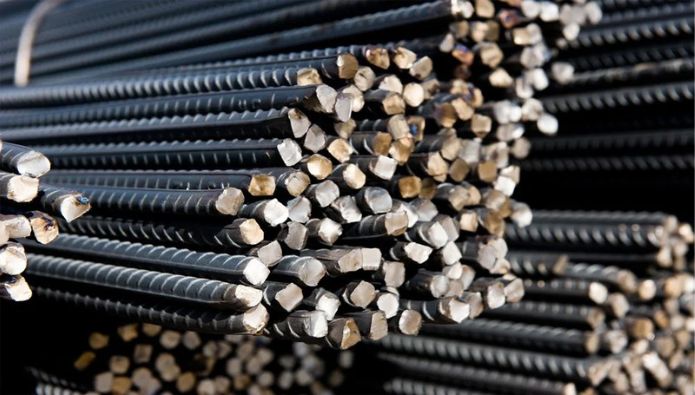
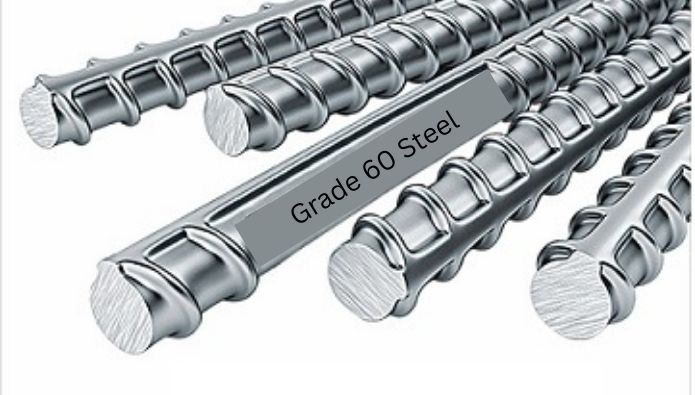
Grade 60 Steel
We provides updated details on the 60 grade steel price in Pakistan. Grade 60 steel, with a yield strength of about 60,000 psi, is commonly used in high-rise buildings, bridges, and heavy-load structures due to its superior strength and durability. Known for being earthquake-resistant and corrosion-resistant, this grade is manufactured from high-quality billets and typically meets international ASTM/BS standards. Because of these properties, Grade 60 steel is considered reliable for demanding construction projects that require safety and long-term performance. By tracking the latest prices and understanding its applications, builders and individuals can better plan construction costs and material requirements.
Why Steel Prices Matter for Your Construction Plans in Pakistan
Steel prices play a crucial role in shaping construction plans in Pakistan. Whether you are building a house, a commercial plaza, or managing a large infrastructure project, fluctuations in steel rates can directly impact your overall budget. Since steel is one of the most widely used materials for strength and durability, even small changes in its cost may alter timelines, material choices, and project feasibility. By keeping track of steel prices, contractors, builders, and individuals can plan more effectively, avoid unexpected expenses, and make better financial decisions for their construction needs.
Steel is often called the backbone of modern construction. From small residential houses to massive infrastructure projects, it plays a vital role in ensuring strength, safety, and durability. In Pakistan, where construction is continuously growing, steel prices have become one of the most critical factors influencing building budgets. Understanding why these prices fluctuate and how they affect planning can help both individuals and professionals make better decisions.
1. Steel as a Core Construction Material
Steel is not just another building material—it provides the structural strength that supports foundations, walls, and roofs. Reinforcement bars (Grade 40 and Grade 60) are widely used in Pakistan’s construction sector because they offer durability and flexibility in design. Since it is such a non-replaceable material, any increase in its cost directly impacts the overall project budget.
2. Fluctuating Prices and Budget Planning
One of the biggest challenges in construction is uncertainty in material costs. Steel prices in Pakistan are affected by:
-
Global market trends (iron ore and scrap metal prices)
-
Exchange rates (imported raw materials cost more when the rupee weakens)
-
Local demand and supply (increased construction activity pushes prices up)
-
Energy costs (electricity and fuel expenses directly affect production costs)
Because of these variables, a project that looked affordable six months ago may now require significant adjustments. Monitoring steel prices regularly helps avoid budget shocks and allows builders to make timely purchasing decisions.
3. Impact on Residential vs. Commercial Projects
The effect of steel prices can vary depending on the type of construction:
-
Residential Homes – Families building houses on tight budgets feel the impact most, as even a small rise in steel prices can add thousands to costs.
-
Commercial Buildings – Offices, malls, and plazas require larger quantities of steel, making price fluctuations a critical factor in investment planning.
-
Infrastructure Projects – Bridges, highways, and high-rise buildings rely heavily on Grade 60 steel; therefore, cost changes may influence government budgets and private developers alike.
4. The Role of Steel Grades in Pricing
In Pakistan, two main types of steel are used in construction:
-
Grade 40 Steel – With 40,000 psi yield strength, it is suitable for residential and small-scale projects. Its cost is generally lower, making it affordable for average construction.
-
Grade 60 Steel – With 60,000 psi yield strength, it is the choice for high-rise buildings and heavy-load structures. While more expensive, it provides long-term safety and reliability.
By knowing the price differences between grades, individuals can balance cost and strength depending on project needs.
5. Why Monitoring Steel Prices Helps
Staying updated on steel prices is not just for contractors—it benefits anyone planning construction. Here’s how:
-
Better financial planning – Estimate costs accurately before starting.
-
Timely purchasing – Buy materials when prices are stable.
-
Avoiding delays – Secure steel in advance to prevent future shortages.
-
Smart decision-making – Choose the right grade of steel for your budget.
6. Long-Term View of Steel Costs
While daily steel prices matter, looking at long-term trends is equally important. Some years see gradual increases due to inflation and global market shifts, while others bring sudden drops. By analyzing these patterns, builders and homeowners can decide whether to speed up or delay a project.
Final Thoughts
Steel prices in Pakistan directly affect how construction projects are planned and executed. From small family homes to mega infrastructure, every project’s strength depends on the quality and cost of steel used. Keeping track of steel price trends ensures that your project stays within budget and maintains the durability needed for long-lasting structures.
FAQ's
How much is 1 kg of steel?
TMT 12mm Rod Price Per kg 12mm steel rod costs around Rs. 64.59 per kg without VAT. 16 mm TMT Bar Price Per Kg: 16mm Steel Rod prices around Rs. 76.4 per kg.
What is 60 grade steel?
Grade 60 steel, with its beefy 60,000 psi yield strength, is built for the big leagues—projects that demand top-notch strength and durability. It’s ideal for: Skyscrapers and high-rise buildings. Bridges and overpasses handling heavy traffic.
How much rod is required for a 1000 sq ft house?
The total steel required for 1000 sq ft construction is 4000 kg or 4 tonnes.
Is 1000 kg equal to 1 ton?
In India, 1 metric ton or tonnes is taken as equal to 1000 kg. In many regions, 1 ton is referred to as 1000 kg but actually, it is a metric ton. So, it can be determined that the weight in ton is equal to the ratio of the weight in kilograms to 1000.
Which steel is best in Pakistan?
In Pakistan, Grade 60 steel is widely regarded as the best choice for construction due to its high strength and affordability. While other grades like Grade 40 and Grade 72 exist, Grade 60 is the most commonly used for residential and commercial projects. Amreli Steels is often cited as a top manufacturer and supplier of high-quality steel bars.
Which grade steel is best?
The 304 stainless steel alloy is the most widely used and versatile grade in the stainless-steel family. It comprises roughly 18% chromium and 8% nickel. Notably, it doesn’t contain any molybdenum. 304 stainless steel is highly resistant to atmospheric corrosion, water, and many chemicals.
